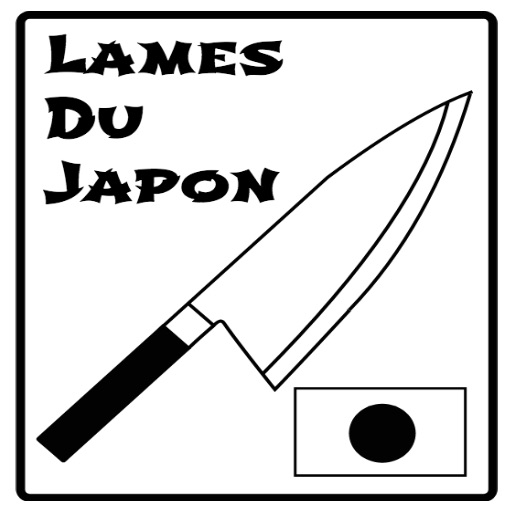How to choose the right whetstone?
It’s no secret that it’s important to keep our blades sharp in order to maintain a clean, precise cut. But when you look at the large number of sharpening stones available on the market, it can be difficult to determine which one is best for your needs. In this article, we’ll look at which stones are best for certain types of blades, what they’re used for, and why you should use them!

1. What is a whetstone?
A whetstone is a natural or artificial stone used to improve the sharpness of a blade. They are often used by people who work with metal and knives, such as chefs. Most stones are designed to be either coarse or fine, and most sharpeners use different levels of grit to get a perfect edge or repair a dull blade.
2. How do you know if your blade needs sharpening?
When a blade becomes dull, the cut it produces is usually coarser and less precise. To determine if your blade needs sharpening, you can try running a piece of paper over the edge. If it catches or does not slide easily, your blade may need a little sharpening.
3. What types of sharpening stones are there?
There are several types of sharpening stones, but the most common are oil stones and water stones.
1) Oil stones:
Oil stones are traditional stones that require mineral oil or animal fat for lubrication, but they are also the coarsest. Therefore, they are not generally used on newer blades, as it would take an inordinate amount of time to sharpen them. They are also not offered in sizes that are practical for domestic use.
2) Water stones:
Waterstones are distinguished by the fact that they require water for lubrication, which is why they are called « wet » stones. They are the softest stones when it comes to sharpening the metal on the edge of a blade, but because they are very resistant to wear
4. Which sharpening stones are best suited for certain types of blades?
Sharpening stones come in different shapes, sizes and uses. People who sharpen blades for a living usually use oil stones to speed up the process, while water stones are used to sharpen kitchen knives and hunting knives. Oil stones are best suited to axes and cleavers as the steel in these blades is very thick and requires coarser grain work. It is also important to note that not all whetstones need to be soaked in water before use and there are dry whetstones that do not require lubrication.
5. How do you choose the right stone (depending on the type of blade)?
For each type of blade, there are different sharpening stones. For example, for stainless steel blades it is best to use a diamond stone, while ceramic blades are best suited to an Arkansas stone. It is important that you buy the right type of stone for the type of blade you have.
* Stainless steel blades => diamond stone
* Japanese blades => water stone with different grain levels
* Ceramic blades => take it to a professional sharpener
It is important that each type of blade has its corresponding sharpening stone. You have to choose the right type of stone for your material in order to get an optimal result!
Here is an example of a sharpening stone that will be perfect for maintaining your knives:

